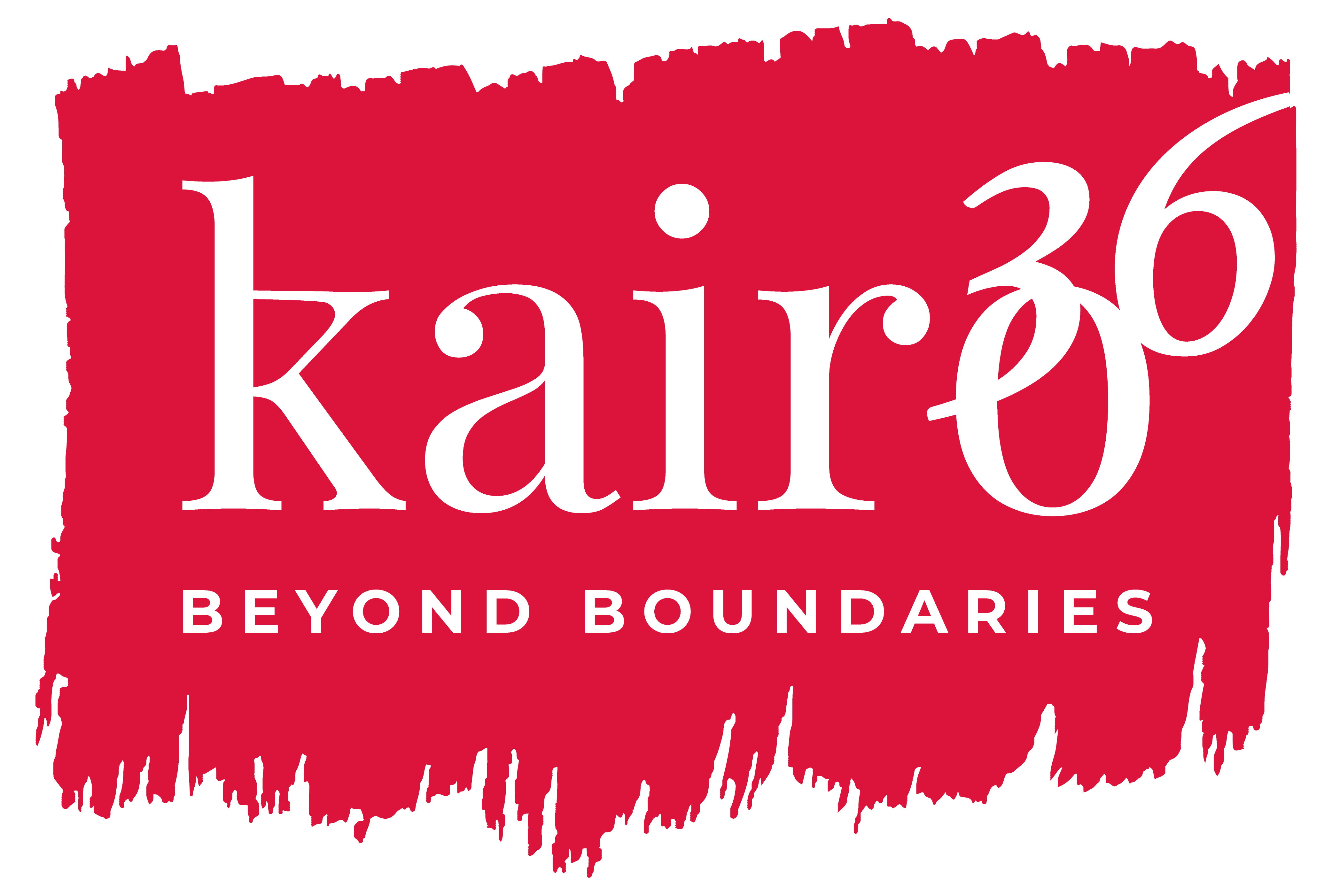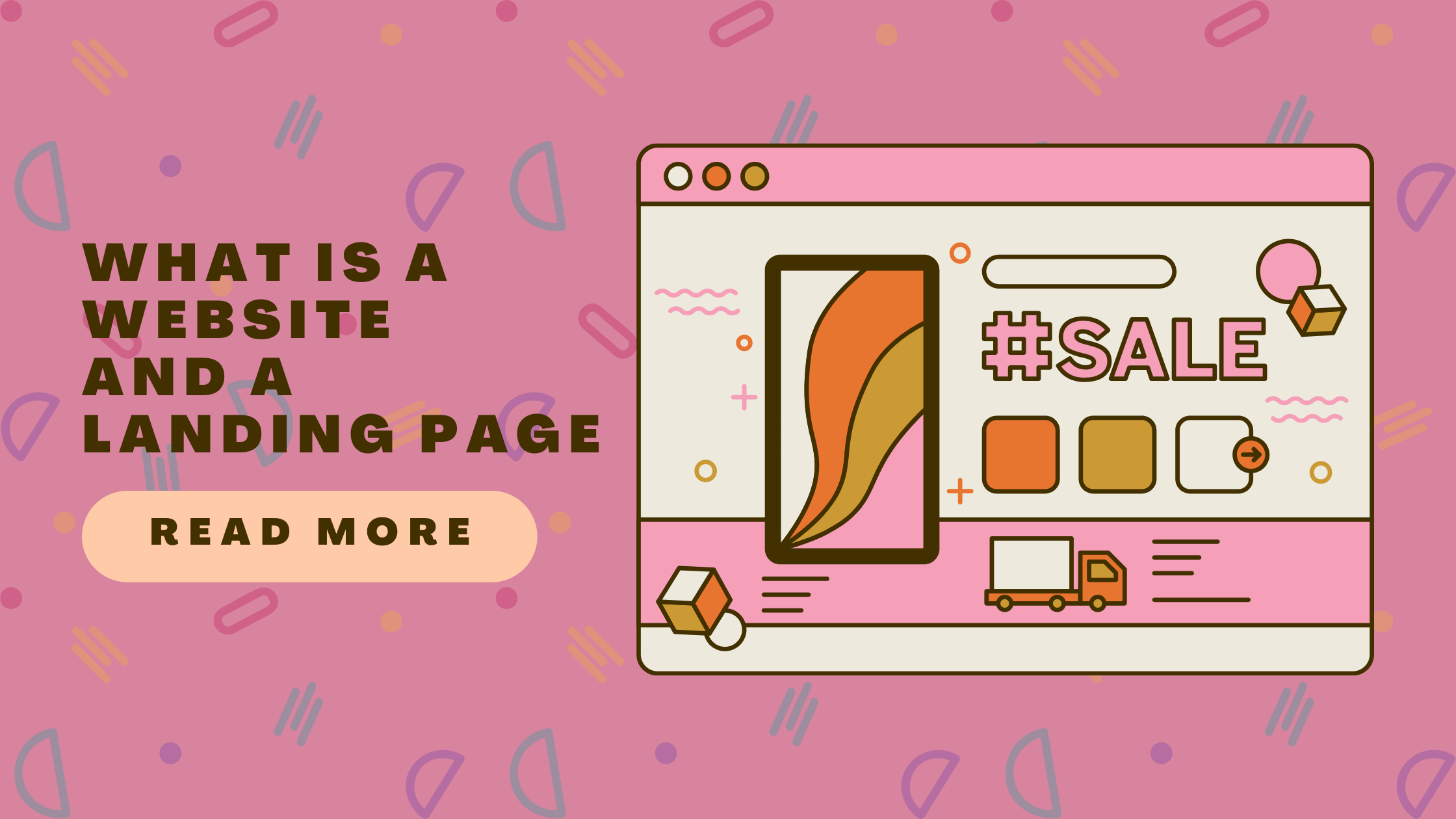What is a Website and What is a Landing Page?
What is a Website and What is a Landing Page?
In today’s digital era, the terms “website” and “landing page” are frequently used in conversations around online presence, digital marketing, and web development. However, while these terms are often used interchangeably, they are distinct in both purpose and design. Understanding the difference between a website and a landing page is crucial for businesses, marketers, and developers looking to optimize their online strategy.
In this article, we will explore what a website is, what a landing page is, the differences between the two, and why it’s important to use them strategically. For more insights on digital marketing and web strategies, check out Kairo360 Blog.
What is a Website?
A website is a collection of related web pages, multimedia content, and resources that are accessible on the internet through a common domain name. Websites provide information, resources, or entertainment and serve as a digital space for individuals, organizations, and businesses to establish their online presence.
Key Features of a Website:
- Multi-page Structure: A website typically includes multiple pages, each serving a different purpose. These pages can include a homepage, an about page, services or product pages, blog posts, contact forms, and more.
- Navigation: Websites usually have a navigation menu that helps users move from one page to another. This helps users find relevant information quickly.
- Content Variety: Websites can contain text, images, videos, audio, and interactive elements.
- User Interaction: Most websites allow users to interact with elements like forms, purchases, or blog comments.
- SEO Optimization: Websites are designed to attract organic traffic through search engines like Google.
Types of Websites:
- Corporate Websites: For businesses to showcase their brand and services.
- E-commerce Websites: Dedicated to selling products online.
- Blogs: Personal or professional platforms sharing stories or expertise.
- Portfolio Websites: For individuals to showcase their work, like photographers or designers.
- Educational Websites: Offering tutorials, courses, or training materials.
For a more detailed breakdown of website types, visit Kairo360 Blog. we will help you in creating website.
What is a Landing Page?
A landing page is a single web page designed with a specific goal or action in mind. Unlike a website, which provides broad information, a landing page focuses solely on driving a particular outcome, such as collecting email addresses or promoting a product.
Key Features of a Landing Page:
- Focused Objective: Designed with one primary goal, like a “call to action” (CTA).
- Minimal Navigation: Limited or no navigation to reduce distractions and guide users toward the desired action.
- Concise Content: Short, clear, and persuasive content that drives the user to take action.
- Conversion Rate Optimization: Built to convert visitors into leads or customers.
- Tailored Design: Custom-designed to align with specific audiences or campaigns.
For more tips on creating effective landing pages, explore Kairo360 Blog’s guide.
Key Differences Between a Website and a Landing Page
| Feature | Website | Landing Page |
|---|---|---|
| Purpose | Provides broad information or services. | Focused on achieving a single goal. |
| Number of Pages | Multiple pages. | Typically one page. |
| Navigation | Full navigation menu. | Limited or no navigation. |
| Design | Flexible, for various purposes. | Simple and CTA-focused. |
| Content | Covers multiple topics. | Short, persuasive, and goal-oriented. |
| Conversion Goal | Aims for broad goals like awareness. | Directly designed for high conversions. |
Why Should You Use a Landing Page?
Using a landing page can significantly enhance your marketing efforts:
- Higher Conversion Rates: With focused design, landing pages guide users to complete specific actions.
- Targeted Messaging: Tailored to specific campaigns or promotions, increasing conversion likelihood.
- Reduced Distractions: Keeps visitors’ attention on one goal.
- Effective Tracking: Enables performance analysis through metrics like bounce rate and conversion rate.
For an in-depth look at how landing pages can transform your campaigns, visit Kairo360 Blog.
Conclusion
While both websites and landing pages are essential tools for establishing an online presence, they serve different purposes. A website provides a broad platform for diverse information, while a landing page focuses on targeted actions for specific marketing goals.
Understanding these differences and using them strategically can help businesses maximize their online impact. To learn more about optimizing your digital presence, check out Kairo360 Blog.lts.
Our social media profiles

